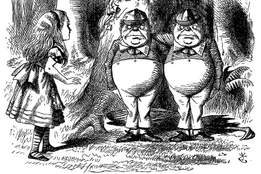inenarrable
adjective
in·enar·ra·ble
ˌi-ni-ˈner-ə-bəl 

-ˈna-rə-
: incapable of being narrated : indescribable
Love words? Need even more definitions?
Merriam-Webster unabridged









Share